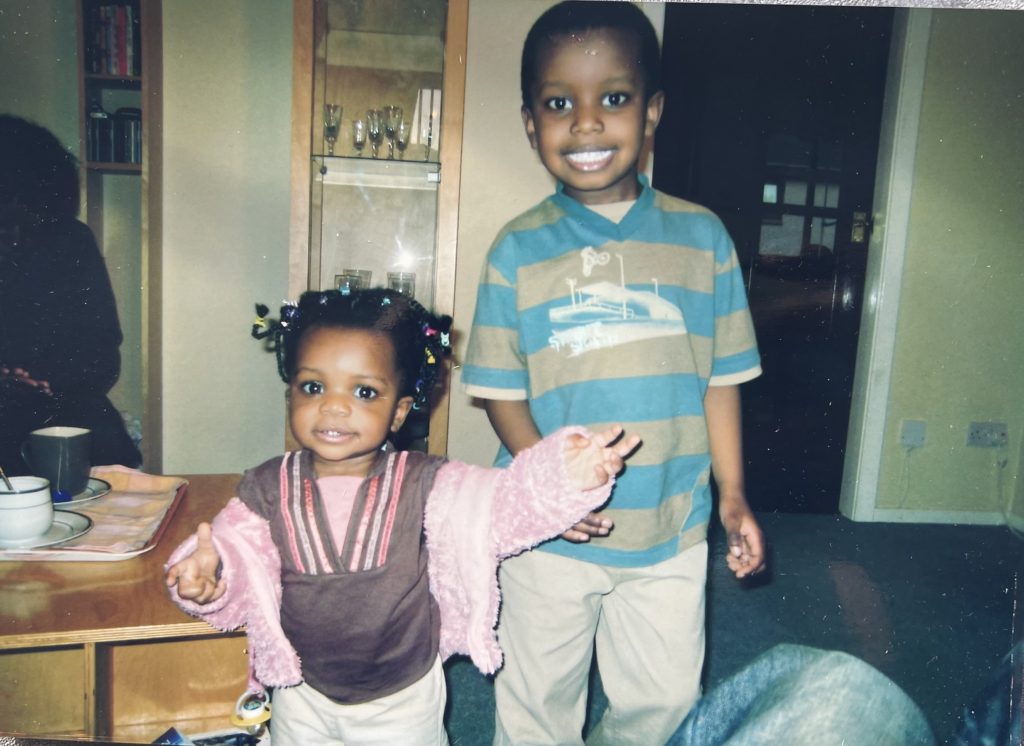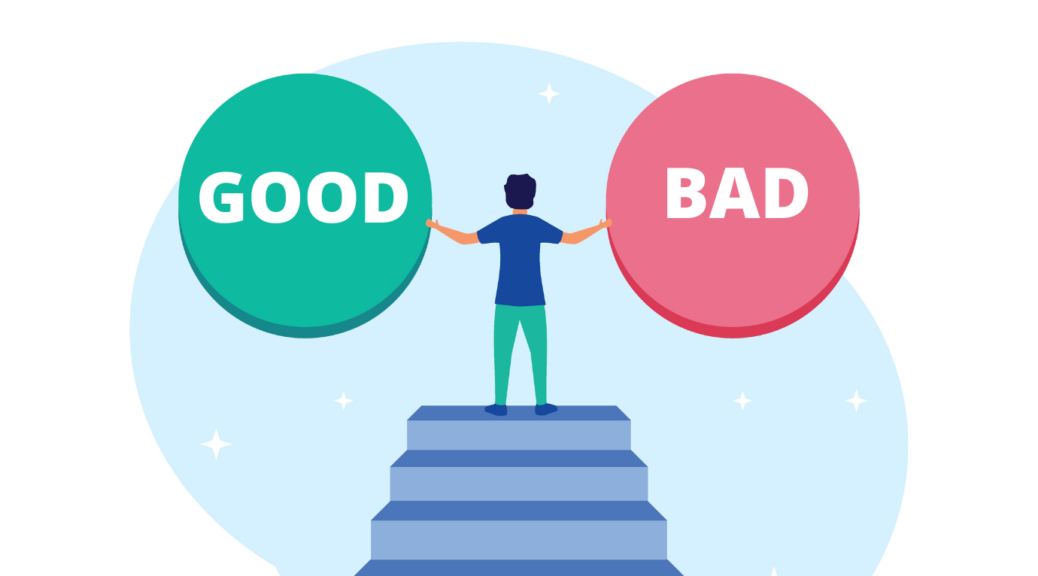
Everything is knowable to an extent. Things that we are certain are knowable are mainly personal to us or knowledge that we acquire through personal experiences, but it is very easy to state that some or most things are knowable because for something to be classified as knowable we need to have some sort of knowledge on the topic regardless of what the background context is. For example future is unknowable as we can predict what would happen but we lack certainty therefore, yes certain things are completely unknowable such as the true emotions someone might be feeling. For example, we will never know for certain what someone is feeling or experiencing unless they say it, and even then, they could be lying. All we can do is assume, based on their body language and facial expressions or our intuition which ultimately is enough. We don’t need to have any prior knowledge about what the person has experienced in order to depict how they might be feeling.
The picture I have chose to portray my idea is of a Russian cartoon that used to be a part of my childhood many years ago. I used to watch this cartoon every single morning before school and although I did not understand many of the words that were being spoken, I still made use of the knowledge I had at the time of words that have been taught to me by my father and other members of my family and understood from the actions of the characters what was taking place. Besides that, as I mentioned above we don’t have to have any prior knowledge in order to be quite confident in what we believe is true in this case.
There are other instances however, such as the future which are different. To conclude, I do believe some things, an impressive amount to be more exact are unknowable. We don’t know everything and we will not know everything. Even if we thought we were certain about a particular subject, we could be wrong and that depends on the source we acquire our information and knowledge from as some sources may be more reliable than others.








